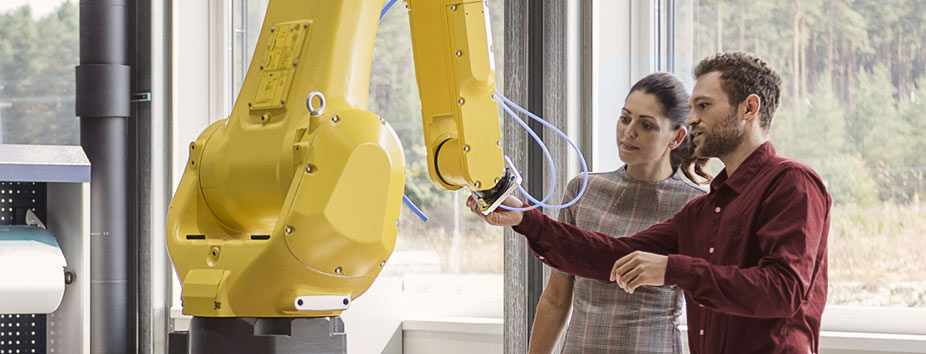How can I fund vehicle, machinery and equipment purchases?

4-minute read

4-minute read
Every business needs to spend on equipment, from mobile phones and computers to heavy machinery. Whether the investment is small or large, you’ll need to think about how best to fund the purchase.
One of the first things to think about is the life of the equipment or asset you’re thinking of purchasing. Not just how long it's going to last, but how long it will last in the market.
Technology is evolving faster than ever before, so you might need to update regularly to remain competitive so your business has the benefit of the latest features.
The next step is to consider how much time it will take before you cover the costs or break-even. If it’s a short-term break-even, it may be possible to invest in new technology as soon as it becomes available. Depending on your circumstances, regularly upgrading your equipment could mean that it has some residual value that you can recover through second-hand equipment resale.
These are some considerations that may impact which financing route you choose to take.
Purchasing equipment can sometimes be the simplest method. The equipment is yours and you can usually depreciate its value over several years.
However, this approach can deplete your cash flow, so it may be worth talking to your accountant about the viability of alternative ways to fund vehicles, equipment or machinery.
Taking out business finance can be a good idea for large scale equipment purchases where the initial cost exceeds your normal business cash flow capacity. It also could be a good option if you expect to want to replace the item purchased, for example upgrading a vehicle or replacing technologically obsolete machinery.
You may choose to finance the purchase of your vehicle, machinery or equipment using a traditional secured business loan1. This type of loan generally uses real estate owned by the business or directors as security. An unsecured business loan is another option to consider if you’d prefer not to put property up as security. However, you may find you can’t borrow as much.
Businesses can generally claim tax deduction on the interest costs on the loan where the equipment is used to generate the business income and the depreciation on the equipment providing the equipment is a depreciable asset under income tax legislation.
If you choose to use lease or hire purchase, the lender will purchase the equipment on your behalf and you will either lease the equipment (which is like renting it, with a possible purchase option down the line) or make payments to purchase the equipment by instalments.
Your business can generally claim the lease rental as a tax deduction or if a hire purchase is used, you can generally claim the interest component of the hire charge and the depreciation on the equipment as a tax deduction, providing the equipment is used to generate your business income.
Additionally, your business may be able to claim the GST on the hire purchase agreement as an Input Tax Credit at the commencement of the agreement
The decision to purchase or finance equipment will generally depend on discussions you have with your accountant and business banker. The costs and financial effectiveness of each option is likely to play a major role in what the right solution for you is.
For sole traders and small businesses, the Australian Taxation Office has a home office expenses calculator and information about work-related car expenses that could help you work out tax deductions for your expenses.
This webinar is produced by the Davidson Institute, Westpac's home of free financial education resources, building confidence today for a better financial future.
1. Westpac’s products are subject to terms, conditions, fees and charges; and certain criteria may apply. Before making a decision, read the disclosure documents including the T&Cs for your selected product or service, which are available on request; and consider if the product is right for you.
The information in this article (including any tax information provided) is general in nature; does not take your objectives, financial situation or needs into account; does not constitute financial or taxation advice; and is based on Australian tax laws current as at 20 January 2023. Consider its appropriateness to these factors; and we recommend you seek independent professional advice about your specific circumstances before making any decisions.